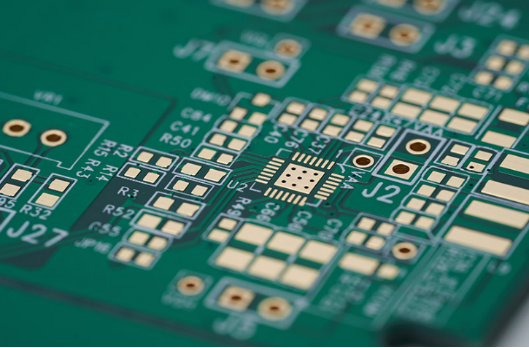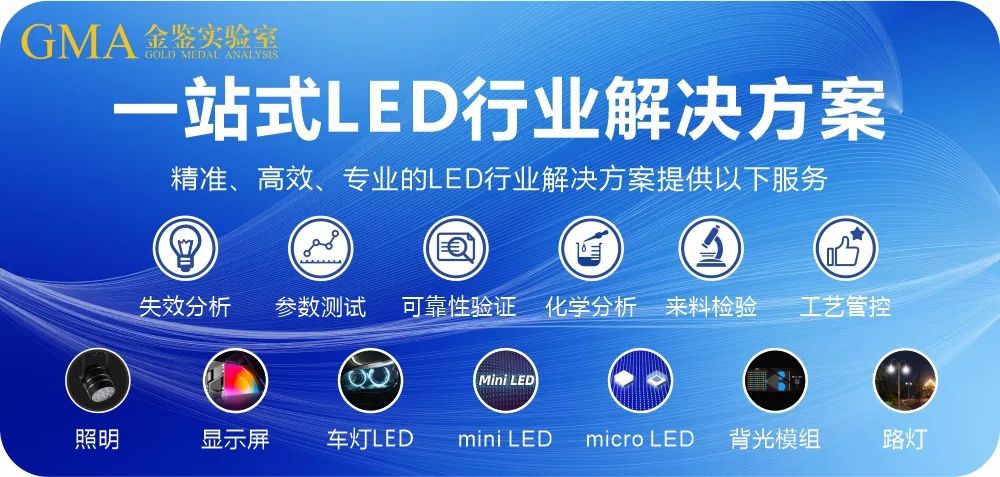
Click the blue text to follow us


Overview of RoHS Lead-Free Process
In the field of electronic manufacturing, a technology known as the RoHS lead-free process is gradually replacing traditional leaded soldering methods. This technology uses lead-free solder in the PCBA (Printed Circuit Board Assembly) process to reduce the use of lead and comply with modern environmental standards. This shift is primarily influenced by environmental regulations, particularly the EU’s RoHS directive, which aims to limit the use of certain hazardous substances in electronic products, with lead being one of the main substances of concern. Jin Jian Laboratory, as a professional testing institution, provides comprehensive RoHS compliance testing to help companies ensure their products meet modern environmental standards.
Environmental Requirements of the RoHS Directive
The RoHS directive requires that hazardous substances in electronic products, such as lead, mercury, cadmium, hexavalent chromium, polybrominated biphenyls, and polybrominated diphenyl ethers, must be below specified thresholds, with particular emphasis on controlling lead content. The professional team at Jin Jian Laboratory can provide clients with chemical composition analysis to ensure products comply with the environmental requirements of the RoHS directive.
Core Aspects of the RoHS Lead-Free Process
1. Lead-Free Soldering Technology
In traditional soldering processes, lead-tin alloys are the primary materials used to connect electronic components to PCBs. With the increasing awareness of environmental protection, the RoHS lead-free process employs lead-free solder materials such as tin-copper alloys, replacing lead-tin alloys, significantly reducing lead usage and ensuring solder connections meet RoHS standards.
2. Importance of Material Selection
In the RoHS lead-free process, the selection of electronic components and materials is crucial. All components, including resistors, capacitors, connectors, and ICs, must comply with the RoHS directive to ensure they do not contain hazardous substances. This strict material selection not only enhances the environmental performance of the product but also ensures the quality and safety of electronic products. Jin Jian Laboratory possesses professional testing equipment and a technical team in chemical analysis to ensure the accuracy and reliability of tests.
3. Process Control and Quality Management
The implementation of the RoHS lead-free process requires strict process control and quality management. Key parameters such as soldering temperature, time, and pressure must be precisely controlled to avoid soldering defects and ensure the stability and reliability of solder connections.
Advantages of the RoHS Lead-Free Process
1. Enhanced Environmental Performance
The RoHS lead-free process significantly reduces environmental pollution during the production and use of electronic products, aligning with the concept of sustainable development. By controlling the use of hazardous substances, it contributes to the sustainable development of the planet.
2. Improved Safety Performance
Lead is a harmful substance to health; the RoHS lead-free process eliminates this potential threat, providing consumers with a safer and more reassuring experience. Jin Jian Laboratory has advanced testing equipment and a professional technical team to provide accurate RoHS compliance testing, ensuring product compliance and safety in the market.
3. Compliance with Regulatory Requirements
For electronic products sold in the European market, compliance with the RoHS directive is mandatory. Adopting the RoHS lead-free process ensures product compliance with the stringent standards of the international market.
4. Enhanced Product Performance
The lead-free process improves the reliability and stability of solder connections, reducing soldering defects and failure rates. Additionally, lead-free electronic products perform better in terms of circuit loss and power consumption, enhancing overall product efficiency.
Application Areas of the RoHS Lead-Free Process
The RoHS lead-free process is widely used in the manufacturing of consumer electronics such as mobile phones, tablets, and televisions. These products have increasing demands for environmental protection and safety, and the lead-free process meets these needs.Moreover, in the fields of automotive electronics and medical device manufacturing, the lead-free process is also of significant importance. Automotive electronic products require high reliability, and the lead-free process effectively enhances the stability and durability of solder connections; medical devices have strict safety standards, and the application of the lead-free process further ensures patient safety.
Conclusion
The RoHS lead-free process in PCBA manufacturing not only reflects environmental requirements but is also an important means of improving product quality, ensuring environmental safety, and meeting international regulatory requirements. Jin Jian Laboratory, as a professional testing institution in the industry, will continue to provide strong support for the development of the electronic manufacturing industry, promoting the green and sustainable development of the electronics industry.


For technical knowledge or testing requirements
Please scan the QR code below to contact your dedicated testing consultant

Disclaimer:Some content of this article is sourced from the internet;This account maintains neutrality regarding the statements and views of all original and reprinted articles, and the articles are provided for readers’ learning and communication purposes. Copyright of articles, images, etc. belongs to the original authors, and any infringement will be deleted upon request!!
Recommended Reading


